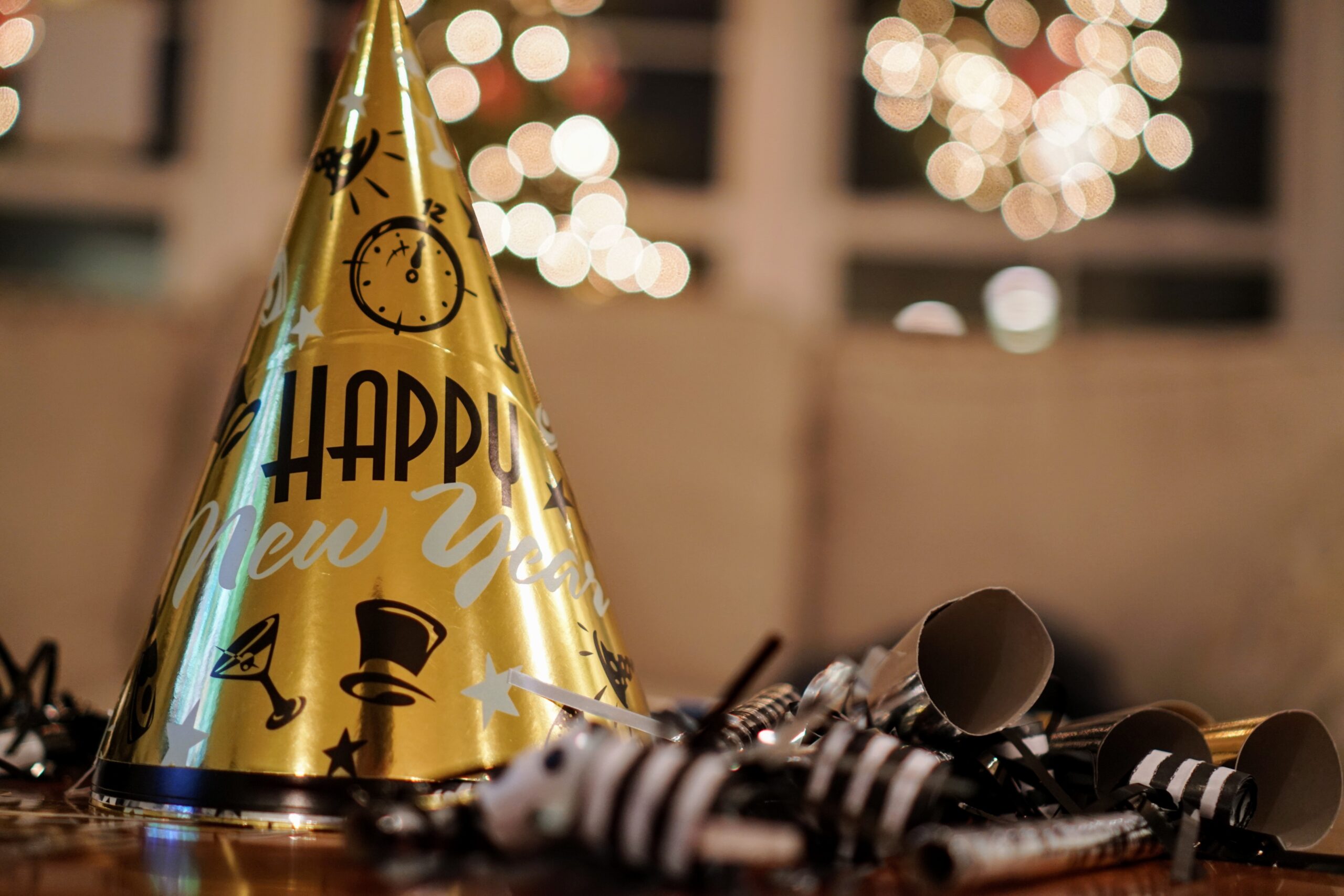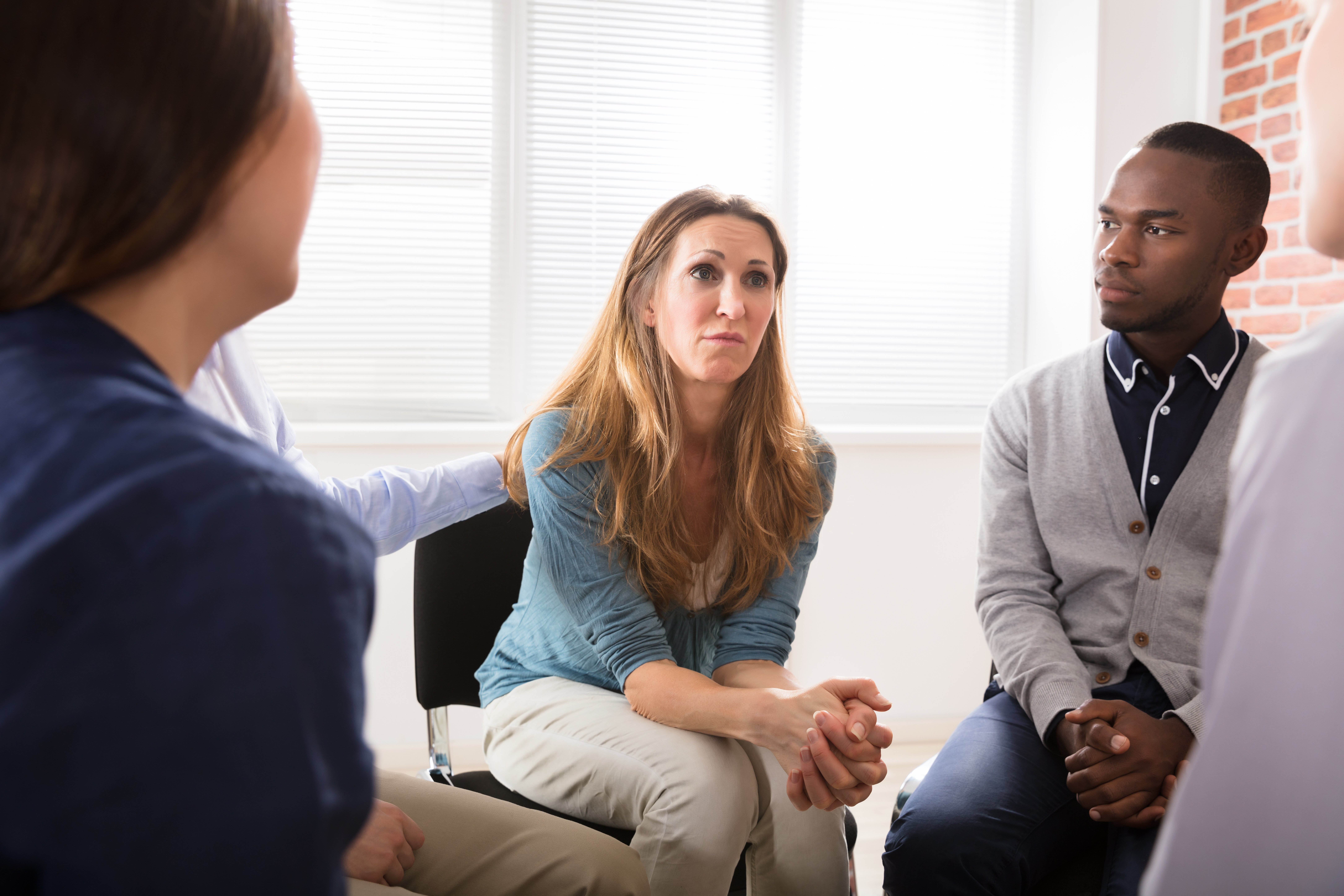
27 Dec How to Stay Sober on New Year’s Eve – A Guide for Those in Early Recovery
Are you wondering how you will get through your first New Year’s Eve without drinking or drugs? These suggestions, based on my years of experience with people in early sobriety, may help you.. It is important to plan ahead of time for the holidays, because, like the proverb goes, “If you fail to plan, you plan to fail.”
The easiest and most consistently effective means of staying sober in early recovery during the holidays is to be actively involved in treatment. This most often means a 12-step or similar recovery program that has regular meetings at least three times a week. We know this from decades of research. These programs are not 100% successful but they are the best we have right now. The odds are still difficult, but manageable with consistency, effort, and pre-planning.
Some people just stop drinking or using other drugs, and grit their teeth or tell themselves assuredly that they will just “get by”. As a therapist, I don’t blame people for choosing not to prepare. Often it is a combination of not being aware of the risks, as well as still struggling to come to terms with the nature of addiction.. I’ve seen the same thing happen with diabetics who don’t want to take insulin because they don’t want to acknowledge they have diabetes. I don’t see it as being lazy or malicious. It just isn’t quite on the radar yet. However, without prior planning and bulking up on activity related to staying sober, it can be really difficult to stay sober during the holidays.
The fundamentals of early recovery are: knowledge about the nature of addiction, structured time and structured space, sober social supports, and the consistent use of relapse prevention techniques.
Addiction, like other chronic illnesses, doesn’t go away. Like diabetes, you can manage it, but quitting drinking or drugs doesn’t end the disease. It has been medically demonstrated that after someone becomes addicted, there are changes in the way the body experiences pain and pleasure, which lead to one’s body actually being designed around using. As said in AA, “A man takes a drink, a drink takes a drink, the drink takes the man.”
A normal person can see a half empty glass of alcohol sitting at a party and think of it as neutrally as a glass of water. An alcoholic will ask why someone would waste that glass. Spiritually, the person loses touch with their own ethics, their own higher power, and people they love. Putting down the substance is the easy part. Changing your lifestyle (people, places, and things that surround you) is the truly hard part. But not changing it leads to relapse.
So what does changing people, places, and things look like? This is where structured time and structured space, with sober social supports, comes in.
What I mean by structured time and space is setting limits on the nature and amount of exposure to times and places that are risky for recovery. New Year’s Eve is a night traditionally associated with drinking and other activities that people try to abstain from, so planning to limit your exposure is going to be especially important then.
A good example of a limit to set on New Year’s Eve is to consider doing a fun activity with sober people for that night. People in 12 step programs have it easy. They have meetings that they can attend with 
You may feel you have to go somewhere, such as a family gathering, where alcohol and even drugs are offered. My strongest advice is to “arrive late and leave early”. Just be there when the host/hostess is busy with others. You’ll get to say hi, have more control of what you do, and avoid the times when you will be most likely to be offered a drink, which are before and after the event when people want to make you feel at home and have a more private conversation. If someone offers you a drink, ask for water or soda. If they ask why, tell them you’re working on being healthy, or, if you are comfortable, you can tell some that you are in recovery. In later years, this gets easier, in my experience. The first year it is especially hard.
Having a sober support system during the holidays is also crucial. You don’t have to “throw out” your friends who use drugs or drink. You may have close friendships with some of them and a shared history. However, take an honest look at your relationships with them, and ask who is supportive of you getting sober, who will say they are but then try to rope you back in, and who is really interested in getting you back in so that they can get something from you? With those who are risky, just set a limit with them and tell them you’ll touch base after the holidays if you must, and in public places so you aren’t offered substances, until you can confirm that they will actually be supportive. Definitely set firm limits with pushers and others who are focused on the using lifestyle, and consider letting them go, as they are not healthy for you.
Then, identify who is in your sober support system. A sober support system is one that is stable, supportive, and smart, as well as one that doesn’t abuse alcohol or drugs. Who can you currently imagine having fun with who isn’t in the scene but is not boring, either? Who is supportive but not to the point where you’d love to drink to get away from them? Who sets loving limits with you? Reach out to them during the holidays and plan time together.
If you have started the path of changing your relationship to addictive behavior, you have learned relapse prevention techniques, either in treatment, through support groups, or even through self-help books. Relapse prevention is a huge topic, and you’ll learn more about it in treatment or a support group. However, during the holidays, being aware that you are still at risk of returning to using, setting limits with others and yourself, socializing with others who are sober, and being open-minded about different ways to celebrate the holidays will bring you there.
Finally, if you do have a slip (a one-time use of your substance), or a relapse (a re-engagement with addictive behavior in which you use more than once and your thought patterns return to glorifying using a substance that may kill you and will certainly harm your relationship with others), please just get back on track that day or the next. Reach for help by calling a recovering person or a treatment provider, and notice things that led to it that you can change.
Yes, even relapse can be part of recovery, because it will help you realize that addiction doesn’t go away. Help is always available and is only a 12-step meeting or a phone call away.
On behalf of my colleagues, my clients in recovery, and myself, I would like to wish you a wonderful, productive, sober, and healthy holiday season.
-Nate Prentice, LCSW, CAS-PC
Mr. Nathaniel Prentice is a Licensed Clinical Social Worker and Pastoral Counselor with Psych Choices of the Delaware Valley. If you are interested in possibly scheduling an appointment with Mr. Prentice or another Psych Choices therapist, please visit www.psychchoices.com and complete the new patient appointment request form.






No Comments